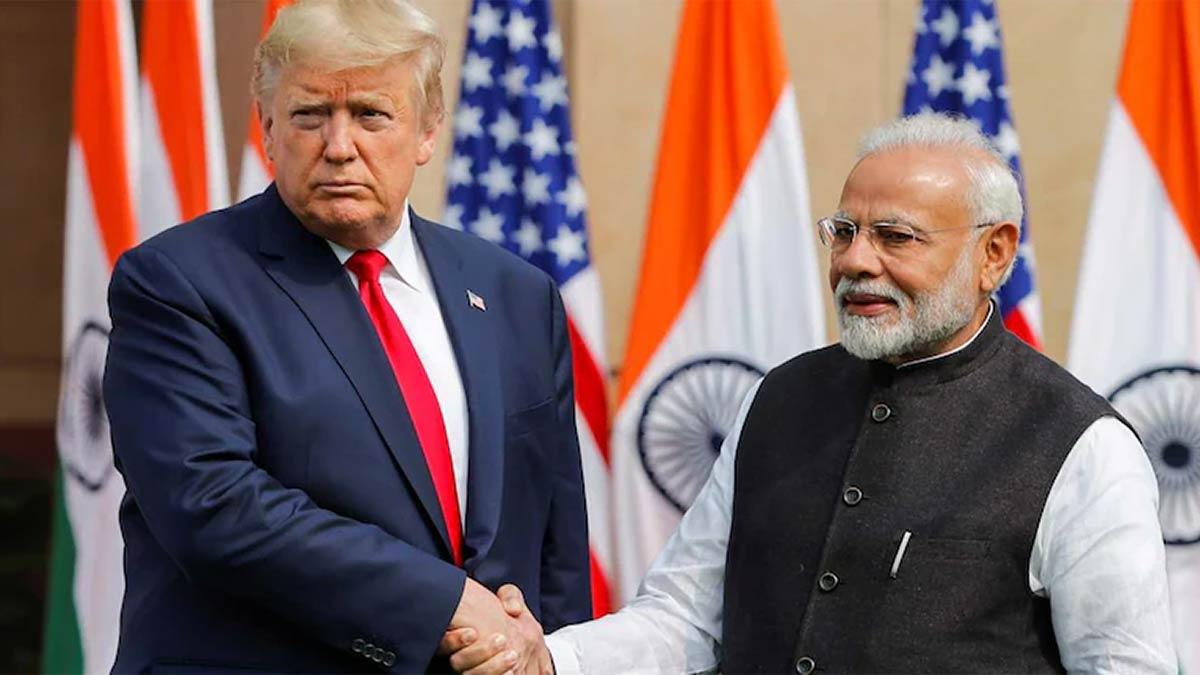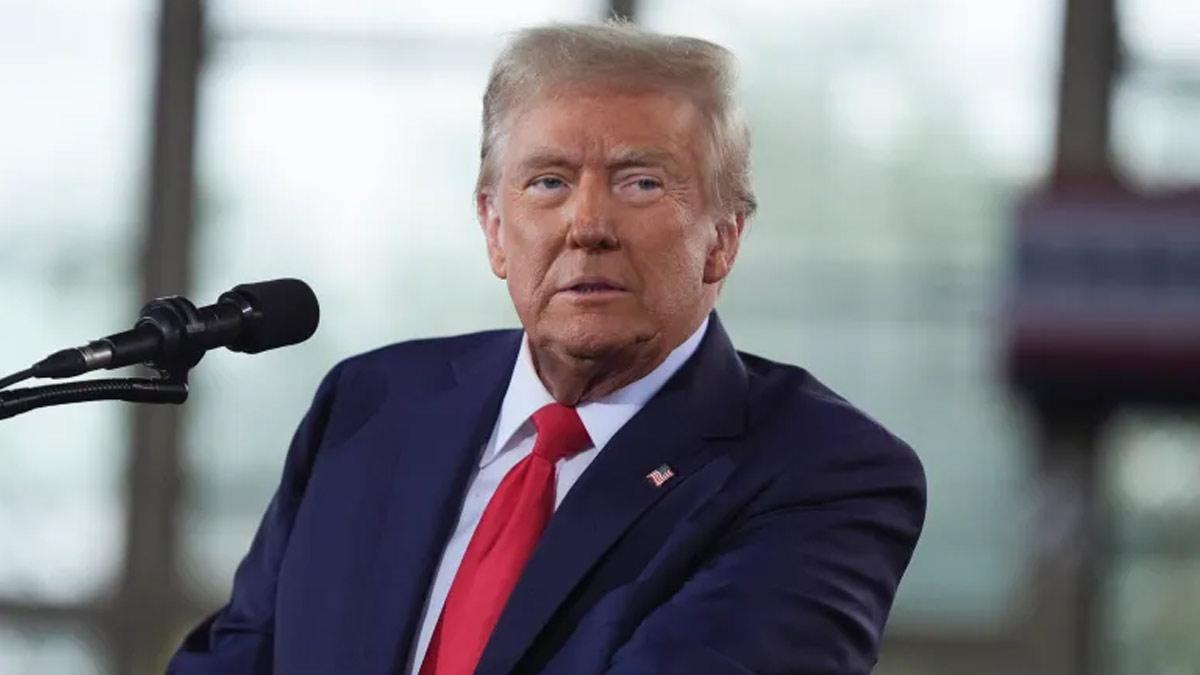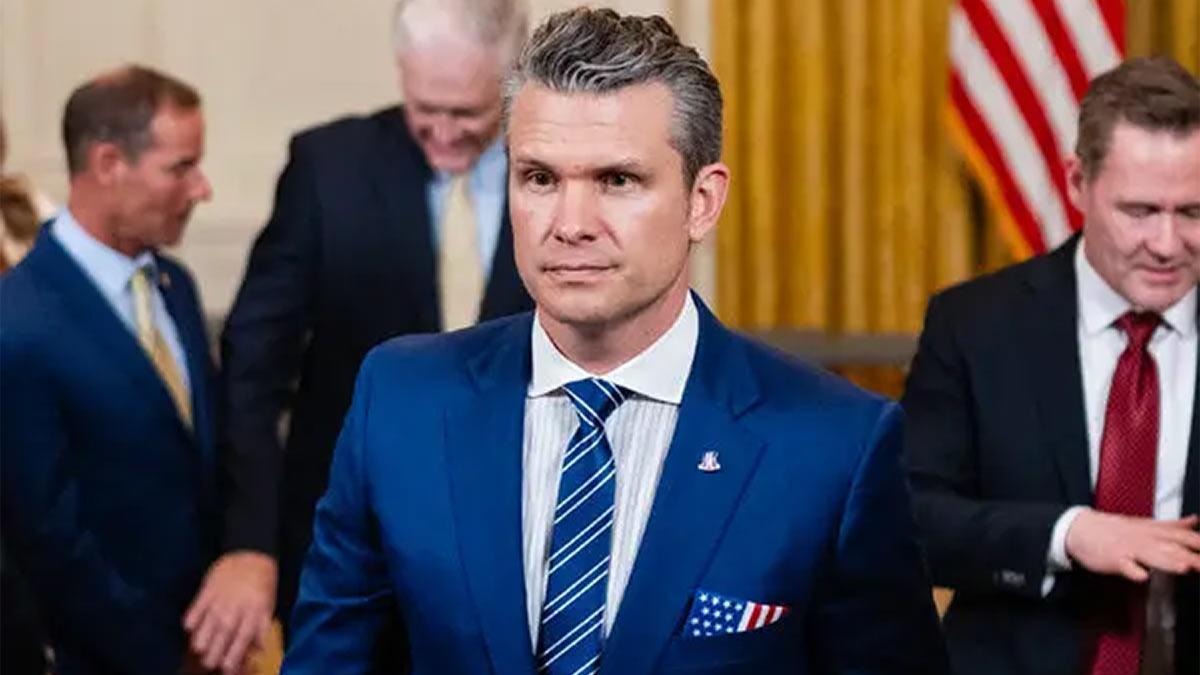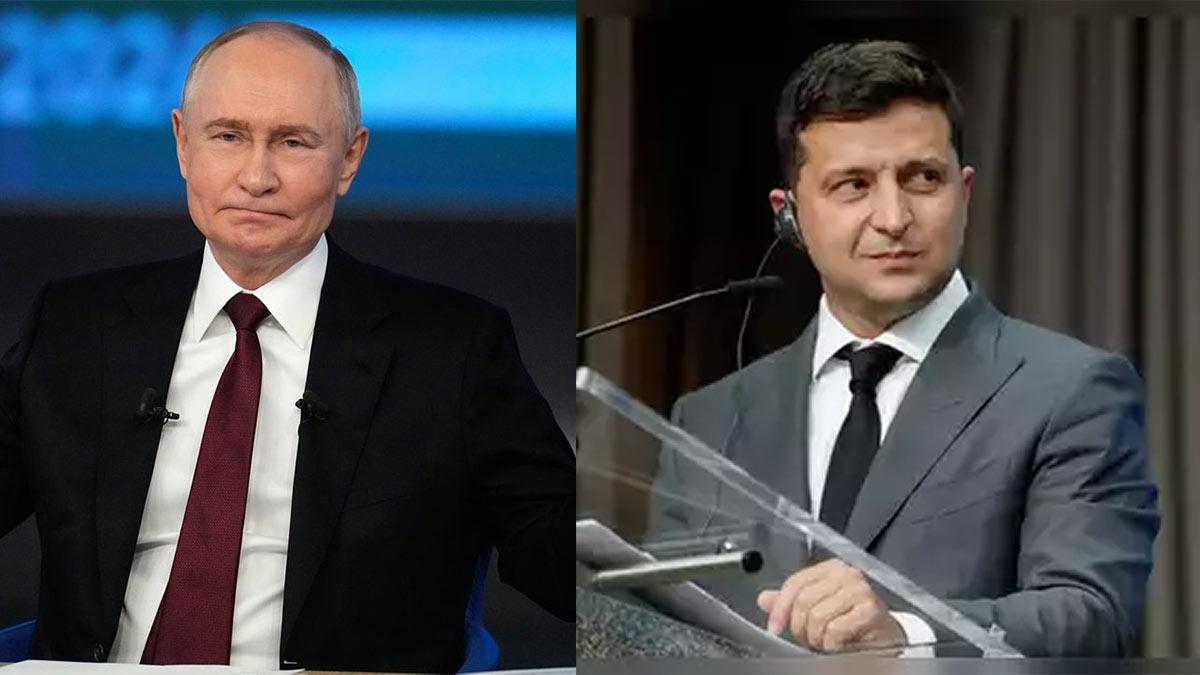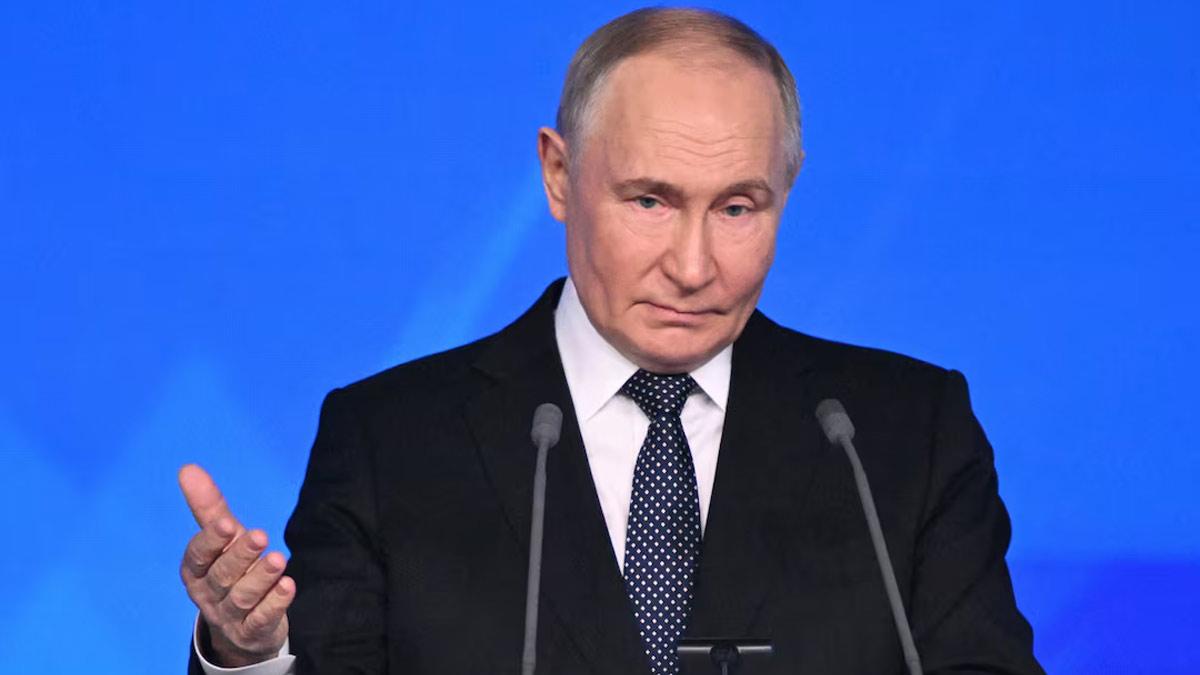While India and the United States are opening negotiations for trade, New Delhi has been pressing on its sustained efforts to cut applied tariffs under pacts with developed countries even as it argues a "mutually beneficial" policy.
India has also made a point to demand "sensitive treatment" of sectors of prime importance like agriculture—a sector where the US, especially the Trump administration, has been trying to gain larger market access.
A group of Indian officials, headed by Commerce and Industry Minister Piyush Goyal, was in Washington between March 3 and 6. They met with US Commerce Secretary Howard Lutnick, US Trade Representative Jamieson Greer, and their staff during the visit.
Former President Donald Trump meanwhile asserted that India has committed to "cut its tariffs way down now" because "somebody is finally exposing them." His statement drew acerbic responses from opposition parties in India.
India's trade policy has also in recent times been directed at lowering its "average applied tariff considerably" in its bilateral arrangements with developed countries like Australia, the UAE, Switzerland, and Norway. Negotiations are ongoing with the European Union and the United Kingdom as well.
But the focus now in India-US talks is not only reducing tariffs but also hearing out one another's concerns to reach a full-fledged agreement. "The teams will now go sector-wise and issue-by-issue into details," said a source close to the issue.
Responding to questions regarding the trade talks and US rhetoric on tariffs, Foreign Secretary Vikram Misri said:
"In recent years, we have initiated bilateral trade arrangements founded on tariff liberalization with a number of partners. These talks should be viewed in perspective."
The first part of the India-US trade agreement is slated to be agreed by September. But it comes in the backdrop of sweeping mutual tariffs that Trump will impose on several nations, including India, from April 2.
For India, the major issues include the US pressure for increased market access for agriculture and dairy products and addressing various non-tariff barriers.
"Growing market access, lowering tariff barriers, integrating supply chains deeper, and increasing investments are our major objectives," sources further added.
Read also| Iran Rejects Nuclear Talks Amid Pressure and Intimidation

